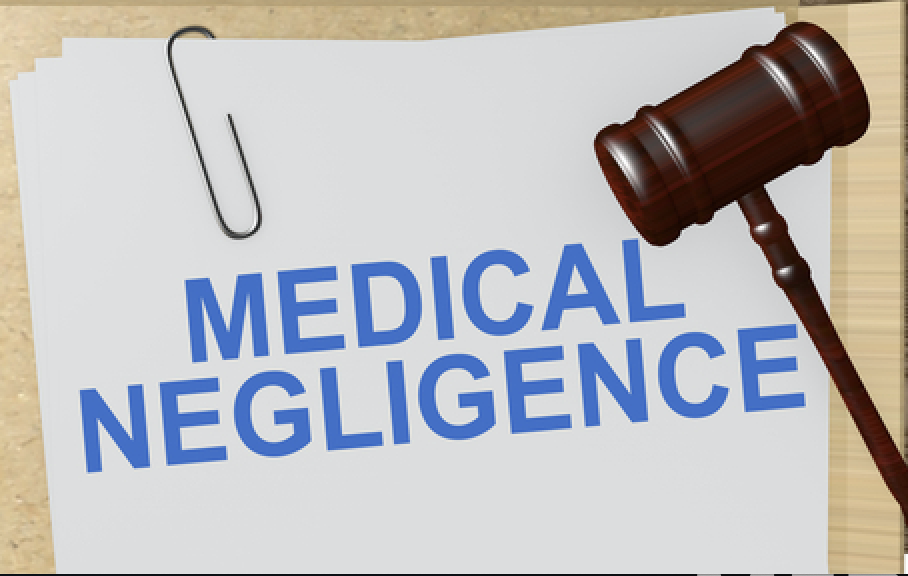Medical negligence is widely recognised as a particularly complex area of personal injury law.
Although there are several reasons why medical negligence claims are considered complex, the most important issue in a medical negligence claim is determining whether a doctor, hospital or allied health professional has been negligent in causing a bad outcome that a patient has suffered.
This issue is largely a medical issue. As lawyers, we are not qualified to determine whether a medical professional has provided treatment or care which could be considered below an acceptable standard.
Therefore, we require the opinion of an independent expert witness to assist us in determining whether a person has a viable medical negligence claim.
Briefing an expert
Briefing an expert witness is the most critical step in the investigative stage of a medical negligence claim. Even though it is one of the first steps, it has a direct impact on whether a person will be successful in their claim.
In the event a claim proceeds to a Court hearing, the opinion of the expert you have briefed will play a significant role in assisting the Court to determine whether the treatment and care you have received was negligent. The more detailed and well-reasoned your expert’s opinion is, the more likely it is that the Court will accept your expert’s opinion.
Given the importance of briefing the right expert for the case, several considerations go into selecting an expert and obtaining a written report from them.
The first step is to locate an expert who is appropriately qualified to comment on the medical issue which that we are investigating. For example, if we are investigating a claim against an Orthopaedic Surgeon with a specialty in hip replacements, we would need to source another independent Orthopaedic Surgeon with a specialty in hip replacements to comment.
It is then important to confirm that the proposed expert does not have a conflict of interest with the medical professional whose treatment we wish to investigate (i.e. the expert does not have a personal or working relationship with the person preventing them from being truly independent).
Obtaining a written report
Once a suitable expert has been briefed, the next step is to concisely present them with the all materials available to ensure they are in a position to confidently and clearly express an opinion on the claim. If they are supportive of the claim, the next step would be to obtain a written report from them.
For an expert’s report to be effective, the report must:
- Acknowledge their duty is to assist the Court and not the party who has briefed them;
- Clearly identify the facts on which they will rely;
- Appropriately analyse and discuss the medical issues relevant to the case;
- Identify whether the medical professional was negligent and provide detailed reasons why; and
- Be well-reasoned and supported by scientific evidence and academic literature.
Once a supportive expert report has been obtained, we will then be able to certify the claim as having reasonable prospects of success.
Having an experienced and specialised medical negligence lawyer on your side will give you the best opportunity of ensuring your claim will be properly investigated and prepared to a high standard.
If you or someone you know has been involved in a case of medical negligence you may be entitled to compensation. For more information and to arrange a free consultation please contact Stacks Goudkamp on (02) 4058 3925 or alternatively make an online enquiry.



